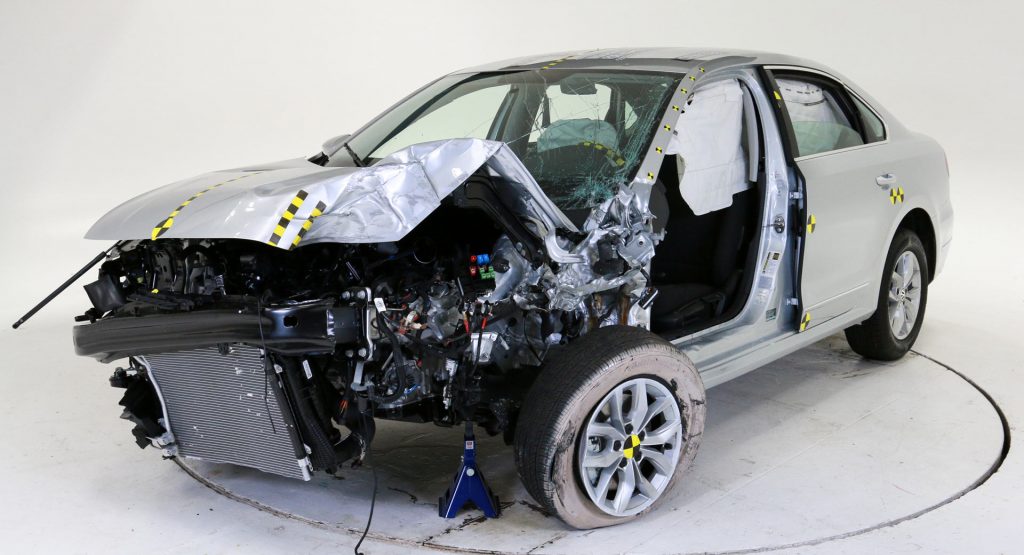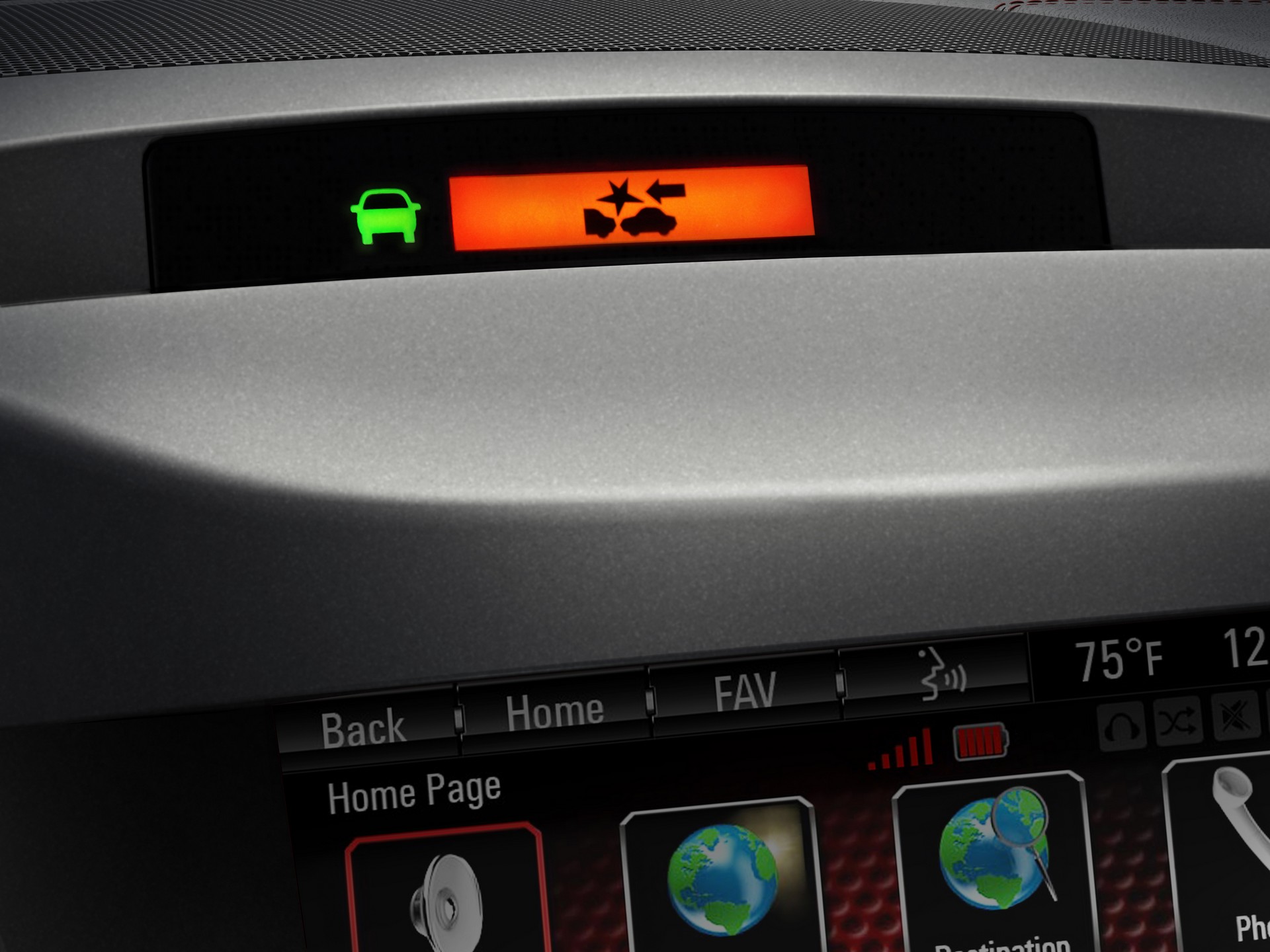Autonomous driving technology promises to significantly improve safety, but that doesn’t mean current systems should be overlooked.
In a recent study, the Insurance Institute for Highway Safety examined how effective forward collision warning systems with automatic emergency braking really are. The results are pretty impressive as they showed the technology can drastically reduce the number of accidents that occur every year.
While the latest study only looked at 2013-15 GM vehicles, it found models equipped with a forward collision warning system with an automatic emergency braking function experienced 43 percent less front-to-rear collisions than models without the technology. When it comes to front-to-rear crashes with injuries, vehicles equipped with the technology did 64 percent better than their ‘dumb’ rivals.
Even more basic models, with only a forward collision warning system (without automatic braking), did significantly better than vehicles without the technology. Front-to-rear crashes dropped by 17 percent, while front-to-rear crashes with injuries fell by 30 percent.
Besides reducing the number of accidents overall, the technology significantly reduced the number of accidents that caused injured. This is likely due to the fact that drivers had advanced warning of a potential collision and could slow down even if they couldn’t avoid a crash altogether.
The latest research builds on previous study which examined vehicles from Acura, Fiat Chrysler, Honda, Mercedes-Benz, Subaru and Volvo. In that particular study, forward collision warning systems with automatic emergency braking reduced the number of front-to-rear crashes by 50 percent. Front-to-rear crashes involving injuries also fell by 56 percent.
According to the study’s author, Jessica Cicchino, “The evidence has been mounting that front crash prevention works, and it works even better when it doesn’t solely rely on a response from the driver.”
While automatic emergency braking systems are becoming standard on more and more vehicles, they’re far from universal. That will change by September of 2022 as 20 automakers have pledged to make the technology standard equipment on virtually every new vehicle they sell.






